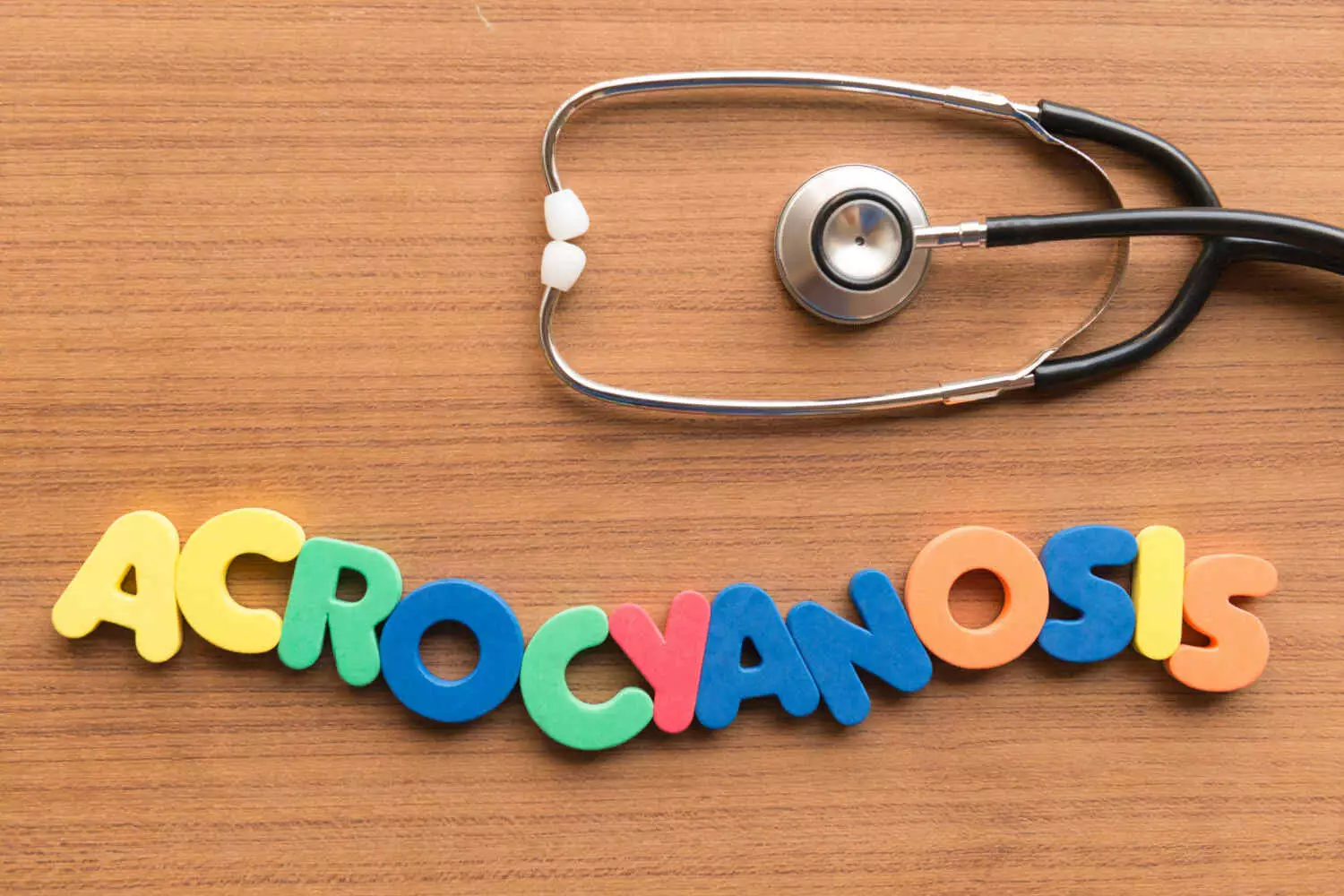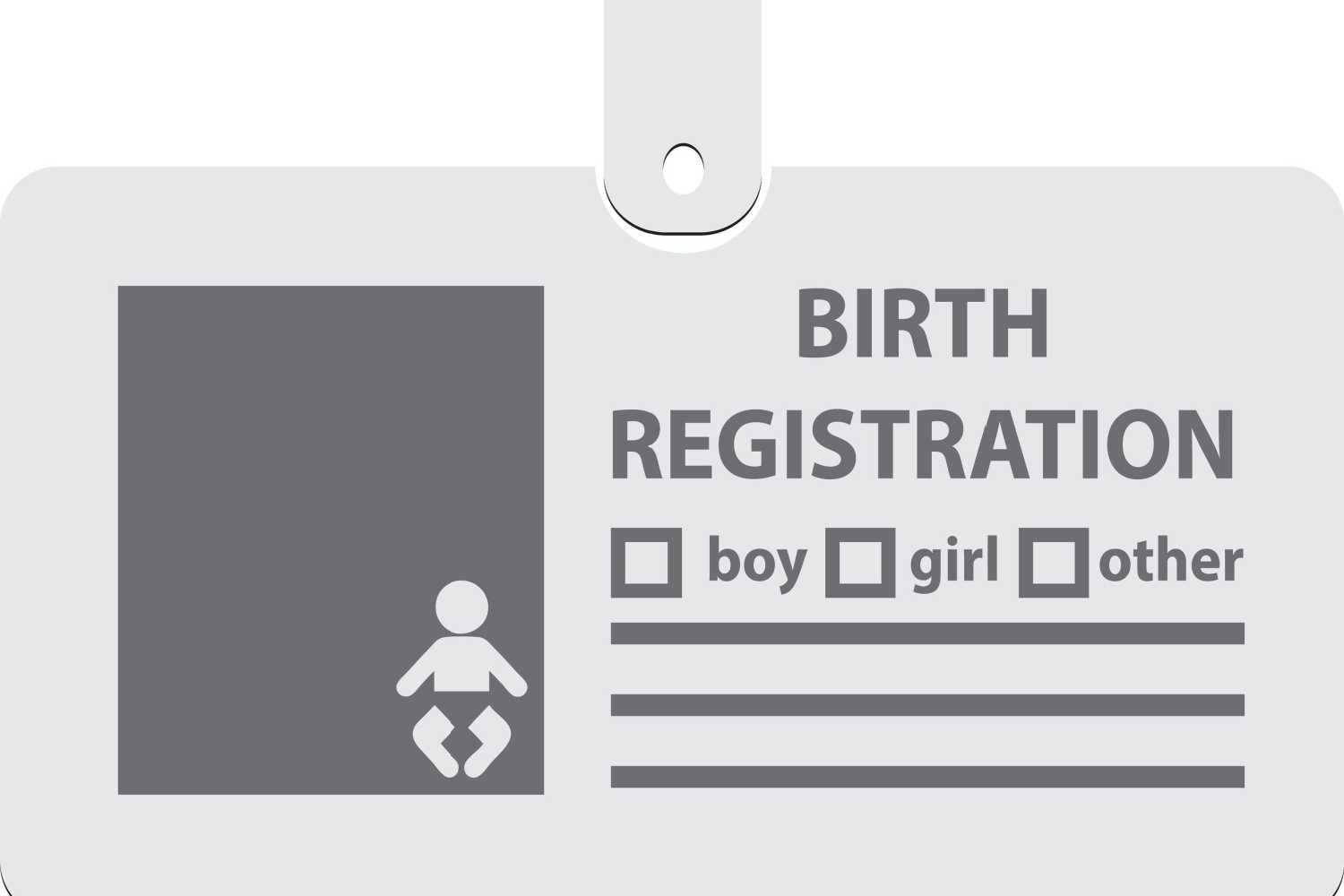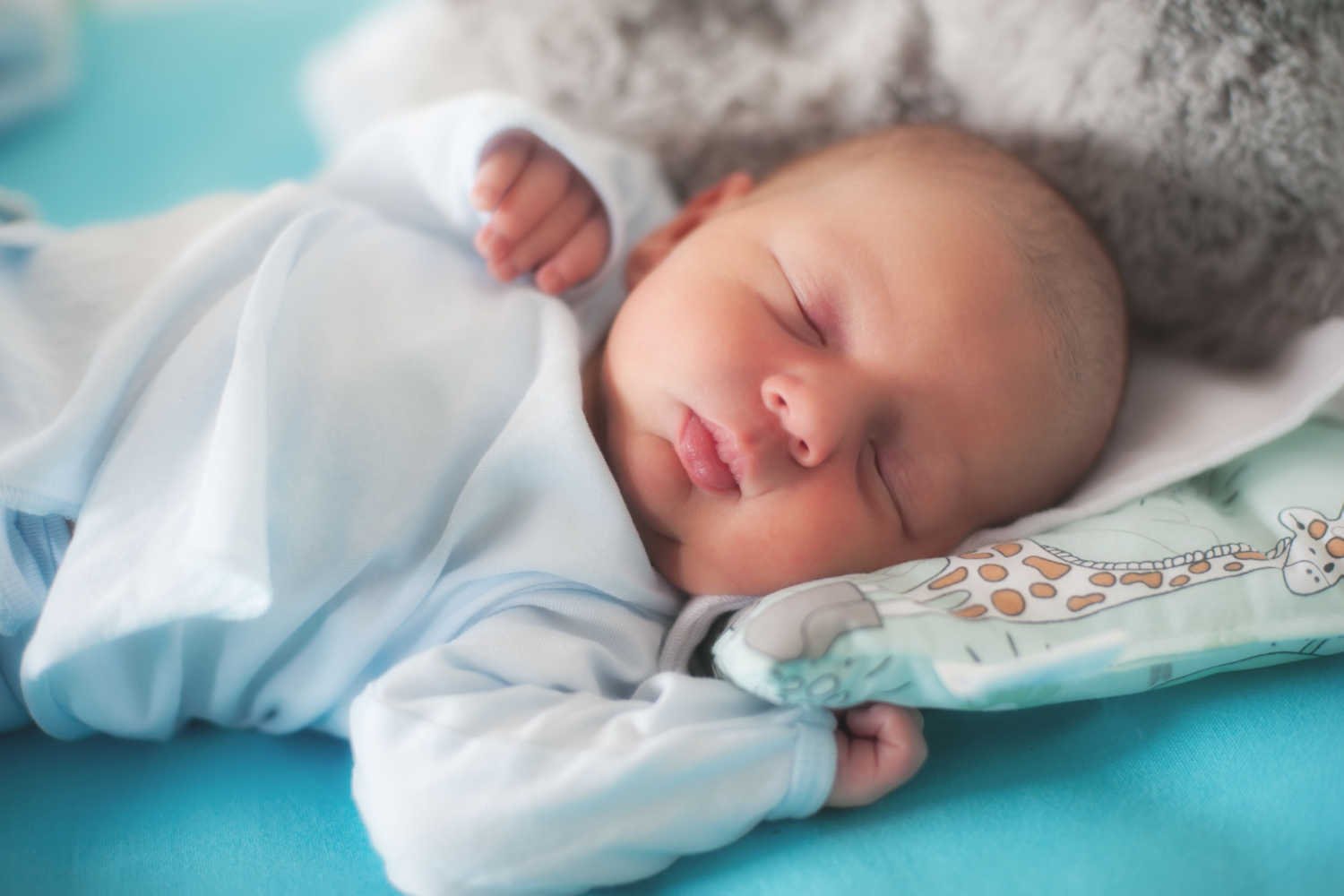
When Will My Periods Start After My Baby Is Born?
6 min readWritten by Editorial Team


Are you puzzled about the exact time of your period’s return? To tell you the truth, every woman is different, and so is the timing of their first postpartum period. Some women may get them sooner while for others aunt flo may appear a year after their munchkin is born. Here is everything you need to know about when will periods start after baby is born.
If you’re not breastfeeding your cutie, expect your periods to knock on your door again after 4-12 weeks of childbirth. And moms who’re doing lots of breastfeeding will have a longer break from periods – it can even extend up to 18 months! Remember, that you can still get pregnant before your first postpartum period (more on that later in this article). Moreover, some blood will pass after your delivery, and it’s called lochia – and it’s not the postpartum period. If lots of blood passes with pain and other symptoms, rush to a doctor immediately.
In This Article
- When Should You Expect Your First Period After Giving Birth?
- Will Your First Postpartum Period be Heavy?
- Is it Possible to Get Pregnant Before Getting The First Postpartum Period?
- Contraceptive Methods to Avoid Getting Pregnant Before The First Postpartum Period
- Differences Between Postpartum Period And Lochia
- How Can I Tell if Something is Wrong?
- When to See a Doctor?
- FAQ’s
When Should You Expect Your First Period After Giving Birth?
It’s out of the question to put a finger on the calendar to say, this is when your monthly cycle will return. But since it’s a play of hormones, it may depend on your breastfeeding regimen. Breastfeeding and ovulation don’t seem to happen at the same time, at least in most cases. And not ovulating will automatically close the possibility of having periods. For most moms, this is when they can expect their periods to come back.
Moms Who Are Not Breastfeeding
Mothers who’re not breastfeeding will experience their periods again after four weeks of having their child, but that’s not typical. The average duration is around 12 weeks. And some other moms’ monthly flow starts normally after 24 weeks.
Moms Who Are Fully Breastfeeding
Breastfeeding wholly shuts the door and keeps periods outside for a longer duration due to hormonal influences. However, the door will soon open and periods will start for these moms in 3 to 6 months postpartum. But there are a lot of differences in the come-back of periods for these moms. Don’t be shocked to see that your monthly flow took a break for only six weeks, or a year after childbirth, and even a whopping 18 months is a number that can come on the dice.
Moms Who Are Combining Breastfeeding with Bottle Feeds
Moms who are bottle feeding and are also breastfeeding sometimes will find out that their periods will start again after 6 to 12 weeks of delivery. Going further by combining these two methods ensures the quick return of periods.
Will Your First Postpartum Period be Heavy?

The possibility for this differs for every mom. While some may have to endure heavy and painful periods after delivery, others might have the luck to enjoy the light and gentle ones. A lot of moms get intrigued seeing that their first postpartum period contains more blood clots. See a doctor, and with their thumbs up you can use tampons four to six weeks after childbirth to absorb the menstrual blood. If the clots seem too many, you may need to consult the doctor to ensure that everything is fine.
Moreover, your postpartum period’s intensity also boils down to your option of birth control. Non-breastfeeding moms who’re taking pills are going to have gentle periods after childbirth.
Is it Possible to Get Pregnant Before Getting The First Postpartum Period?
You can get pregnant again before your period returns, and don’t believe otherwise. This is because ovulation takes place before menstruation in your monthly cycles. So, unless you wish for one more addition to your family, it is advisable to use birth control methods when you begin to have sex. Besides, getting pregnant again in such a short span is risky. And those who’ve had a vaginal delivery are advised to not have sex for a minimum of 4-6 weeks postpartum.
Contraceptive Methods to Avoid Pregnancy Before The First Postpartum Period

You can use some types of contraceptives, however, at this time, you may need a different fitting of contraceptives as compared to your usual ones.
Let us say that you preferred using a diaphragm or cervical cap before pregnancy. Now that your cervix’s size is altered due to delivery, you’ll have to ask your gynecologist to refit the diagram to suit you. Take it easy, in just a matter of six weeks, the cervix will come back to its original size.
Moreover, put a full stop to birth control methods which contain estrogen. That’s because it can badly influence your milk supply if you take it under six weeks postpartum. Your doctor will hand you a special ‘mini pill’ which is a safe contraceptive at this stage.
The pill or the patch which uses the combination of estrogen and progestin is also to be given a break. But why? The postpartum period pokes high chances of developing blood clots. And because the hormones go through a wave with the use of these methods, they are not recommended.
Differences Between Postpartum Period And Lochia
You may mistake the postpartum heavy bleeding for periods. Actually, the mucus, tissue and blood that lined your uterus during pregnancy are finding an exit after your delivery. And this phenomenon is called lochia, so don’t confuse it with periods.
Your meet-up with lochia will be bright red colored, filled with several blood clots. You’re going to have a heavy gush of lochia for around 3-10 days following your delivery. Before you say your final goodbye to lochia, its color would have gone from red to pink to brown and at the end a yellowish-white tone. But light bleeding will go on for at least a month, so make sure that you have a stock of sanitary pads ready.
Furthermore, there are high chances of less lochia in case of a C-section delivery rather than a vaginal one.
How Can I Tell if Something is Wrong?
The postpartum period can be heavy and painful. But there’s a thin line between normal discomfort and the one which should be a matter of concern.
Keep a close eye on these symptoms.
- Sanitary pads drenched with blood every hour
- Pain and distress during postpartum blood flow
- Unexpected fever with no possible causes in sight
- Steady flow of blood continuing for more than a week
- Seeing blood clots pass which are even bigger than a golf ball
- Stinky vaginal discharge
- Severe headache
- Problems in breathing
- Pain when passing urine
When to See a Doctor?

See a doctor immediately if you see the above symptoms and if your periods don’t seem to return even after you’ve left your breastfeeding regimen three or more months behind. And if the menstruation is very scarce after its arrival, that is also not normal and should be conveyed to a doctor.
Some of the moms may get a pleasant vacation from their periods after delivery while others may soon experience normal menstrual cycles. And when the periods return, it can either be painful or light. But if the distress while passing blood after delivery is unbearable, contact your doctor right away and communicate your problems.
FAQ’s
1. Is it Normal to Have Irregular Periods After Giving Birth?
Yes, every woman goes through this phase after delivery. Irregular periods are common since the hormones will take some time to settle. Additionally, some moms may enjoy the light and easy periods while others have to bear the heavy and painful cycles. But with the passage of time, it’ll soon get back to its usual ways.
2. Can You Get Pregnant Before You Get Your First Postpartum Period?
Ovulation occurs before periods. So you may get pregnant before your first period after childbirth.
3. Do Periods Start Immediately After Delivery?
No, periods will not start immediately after delivery. They will take a minimum of 6 to 8 weeks for moms who are not breastfeeding and more for breastfeeding moms. Bleeding that occurs immediately after delivery is called lochia and comprises of blood and tissue left in the body as a result of delivery.

Editorial Team,
With a rich experience in pregnancy and parenting, our team of experts create insightful, well-curated, and easy-to-read content for our to-be-parents and parents at all stages of parenting.Read more.
Responses (0)
Want curated content sharply tailored for your exact stage of parenting?
Related articles

Acrocyanosis in Newborns – What is it, Causes and Symptoms

Birth Registration in India – When, How And Why

Hazelnuts For Babies – when to Introduce, Benefits & Side Effects

Bedtime Fading Method of Sleep Training Your Baby – Know All About it

Wheels on the Bus Rhyme For Babies

Top Creative First Birthday Cake Ideas For Your Little Munchkins
Sponsored content
Discover great local businesses around you for your kids.
Get regular updates, great recommendations and other right stuff at the right time.





